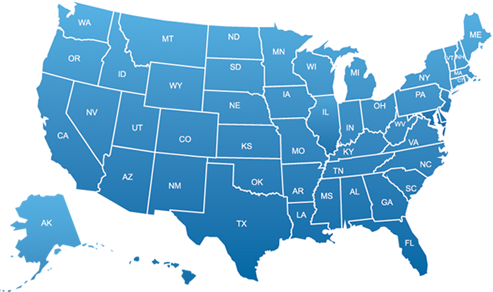California institutes new DUI penalties for drunk drivers
Find a California DUI Attorney Lawyer Here
By KEVIN YAMAMURA
Sacramento Bee
01-JAN-06
SACRAMENTO, Calif. -- Drivers committing a repeat drunk-driving offense in California have their vehicles seized under existing state law, but it doesn't happen until after they are convicted.
Under a new law to take effect Sunday, drivers in California can lose their cars upon arrest _ before they are convicted _ if they have committed a drunk driving offense in the previous decade.
Sacramento County is expected to implement another law next year that would impose a longer pre-conviction impoundment and require an intervention with drivers suspected of drunk driving.
The new rules are intended to teach drunk drivers a strict lesson after an offense occurs and to deter impaired motorists from getting behind the wheel.
"The usual issue in alcohol problems is that nobody confronts the individual," said Leon Owens, medical director of the trauma program at Mercy San Juan Medical Center. "We're being confrontational once you're arrested. We're taking the vehicle away and making it a big deal in your life."
Owens sees drunk-driving victims on a nightly basis in his trauma ward _ he estimates they comprise one-third of all trauma patients _ and spearheaded the effort to pass Senate Bill 547 by Sen. Dave Cox, R-Fair Oaks.
The bill, signed into law by Gov. Arnold Schwarzenegger, will create a pilot project in Sacramento County to impound vehicles for up to 30 days if their motorists are arrested for a repeat offense of driving under the influence (DUI). Owens is trying to secure at least $1.5 million in funding before the County Board of Supervisors implement the program.
Another new law, Senate Bill 207 by Sen. Jack Scott, D-Altadena, will allow officers to impound a vehicle for five days after arresting a previously-convicted driver with a blood-alcohol level of 0.10 or higher. On a third or subsequent arrest within 10 years, a driver would face a 15-day impoundment.
In California, alcohol-related traffic deaths rose by 2 percent and arrests increased by 3.7 percent in 2003, according to a 2005 state report. In 2002, repeat offenders comprised 24 percent of drunk-driving convictions.
Under existing law, repeat drunk-driving offenders face a mandatory 30-day impound after conviction unless courts find such a penalty would impose an undue hardship.
Courts also can order a vehicle impounded for up to six months when its owner is convicted of a first drunk-driving offense. A repeat offense can result in post-conviction impoundment of up to one year.
One Assembly analysis, however, says that courts have been reluctant to impose such impoundments because it is difficult to seize vehicles weeks after an incident and doing so often imposes a financial burden on other family members.
The new laws have drawn opposition from defense lawyers who say pre-conviction impoundment infringes upon the constitutional rights of individuals by taking their personal property before they face trial.
"People need to recognize that the government is streamlining the process of taking people's liberty and property interests without giving them the due process upon which our system has been based for hundreds of years," said K. Randolph Moore, a San Jose attorney and president of the 300-member California DUI Lawyers Association.
But Scott said taking a drunk driver's vehicle is akin to seizing a loaded weapon upon arrest, which officers already do. And Cox defended his plan by saying, "We're not taking a car, we're impounding it for a specific period of time."
Owens knows firsthand how drunk driving affects families. His 21-year-old son, Jake, died when he crashed his car in Carmichael while driving drunk in 2002.
He said he does not know whether SB 547 would have saved his son. But he believes that drunk drivers can learn from a "teachable moment" that occurs right after an accident. Under the Cox law, a drunk driver would face an intervention and receive a referral to an alcohol treatment program.



